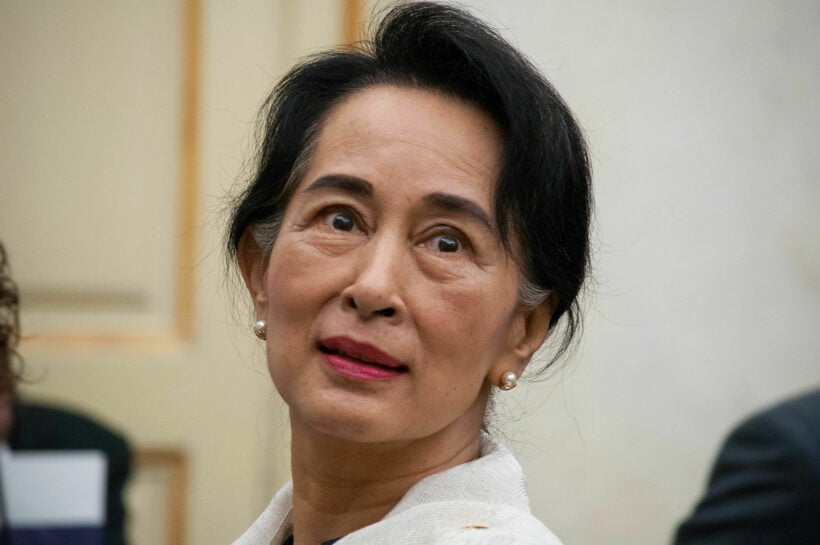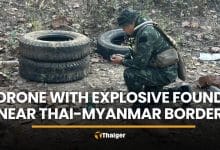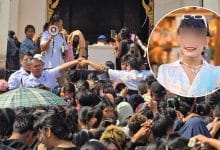Burmese military dissolves opposition parties ahead of election

The Burmese military government has dissolved 40 political parties including Aung San Suu Kyi’s ruling National League for Democracy (NLD). The dissolution comes over their failure to register for an election that opponents deem a sham designed to hand power to the Burmese military junta that overthrew the government.
According to state-run Myawaddy TV, 63 parties had registered at the local or national level. Those that failed to register were automatically listed as dissolved. But many parties couldn’t truly run in the election as their leaders are jailed by the junta who labelled many as terrorists for their opposition to the takeover.
Aung San Suu Kyi is massively popular with the people of Myanmar but was sentenced to 33 years in prison by the junta, charging her with corruption, incitement, and breaching state secrets. A representative for her NLD party says they wouldn’t register for the bogus Burmese election since their members are involved in the revolution and jailed but committed to supporting the people of Myanmar.
In a fair election, the NLD would likely win in a landslide. In 2015 and 2020 they swept elections and easily defeated the Union Solidarity and Development Party (USDP). That party is a military proxy expected to be declared the winner of any upcoming election in an attempt to legitimise the ruling Burmese military coup in power now. When they lost in 2020, they formed a coup to overthrow the government and called the voting irregular and invalid.
Meanwhile, the shadow National Unity Government (NUG) that formed to rebel against the junta says the military had no authority to hold a Burmese election or dissolve parties. The Burmese military declared NUG “terrorists” for their pushback against the coup.
Junta chief Min Aung Hlaing on Monday describes the proposed election as a path toward democracy and called on the international community to support it. However, experts say by disqualifying the immensely popular NLD, the election would just allow the Burmese military to pull the strings under the guise of a quasi-civilian democratic system.
The Burmese election has no date set yet, as the military is fighting to quash continuous opposition. They have been harshly criticised for using deadly force on protesters, and are clashing with resistance fighters and ethnic minorities in battles around the country.
The prospect of a looming election is likely to incite a rise in turbulence, making an already dangerous country even less safe says Richard Horsey, senior adviser to the International Crisis Group.
“The majority of the population fiercely oppose going to the polls to legitimise the military’s political control, so we will see violence ratchet up if the regime seeks to impose a vote, and resistance groups seek to disrupt them.”
Latest Thailand News
Follow The Thaiger on Google News:


























